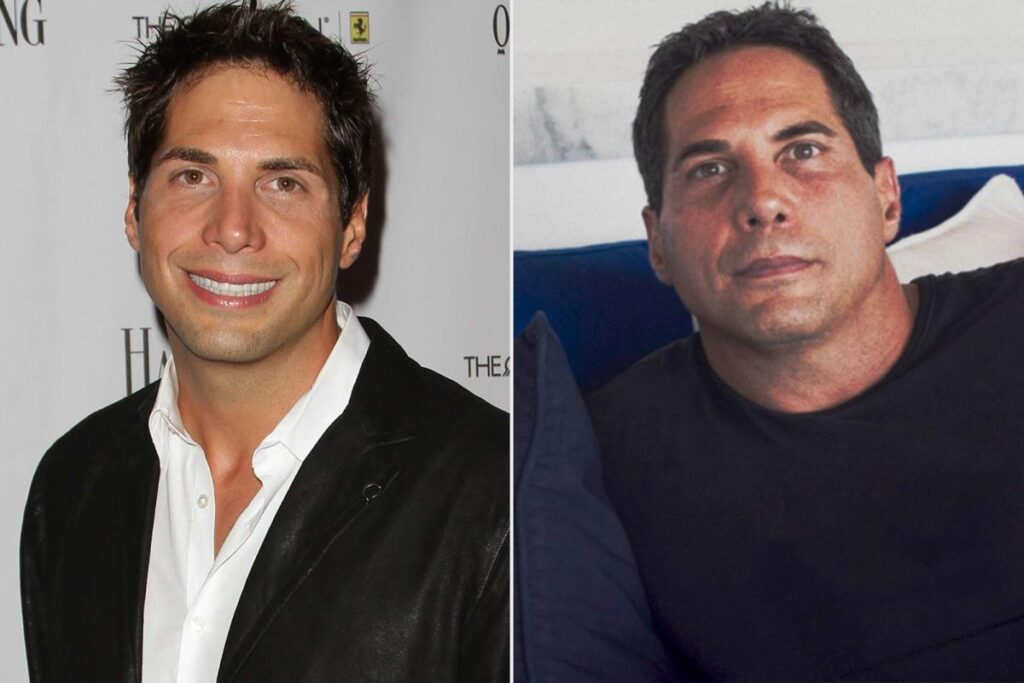In 1997, Joe Francis launched the controversial adult entertainment franchise Girls Gone Wild, which garnered both notoriety and immense profit, profoundly influencing pop culture. While working as a production assistant on the show Real TV, Francis conceived the idea of a provocative video series that featured young women reportedly enjoying their spring break in revealing situations. This concept birthed Girls Gone Wild, rapidly evolving into a multimillion-dollar empire that included infomercials, DVDs, pay-per-view parties, magazines, and branded merchandise. While it became a cultural phenomenon that pushed societal norms around sexuality, it also attracted significant criticism and legal troubles for its portrayal and treatment of women.
Throughout his career, Francis faced numerous legal challenges. He was implicated in serious allegations, including tax evasion, sexual misconduct, and various defamation disputes. One of the most consequential incidents in his legal saga occurred in January 2011, leading to his 2013 conviction for false imprisonment, assault causing great bodily injury, and dissuading a witness. This verdict resulted in a 270-day jail sentence, marking a significant downturn in his previously ascending trajectory. The legal implications of his actions, particularly those involving the filming of minors, illuminated the problematic nature of his business, raising broader questions about consent and exploitation in the adult entertainment industry.
On a personal level, Joe Francis’ life has been marked by complex relationships and family dynamics. He began a long-term relationship with model Abbey Wilson in 2012, with whom he had twin daughters in 2014. However, their relationship soured, leading to a contentious separation, which has continued into their post-relationship lives. Wilson and the children predominantly reside in the United States, while Francis has been living in Mexico since 2015, primarily to evade ongoing legal issues. The separations and disputes have amplified the complexities of Francis’s life, showcasing the consequences of his controversial career choices on family relationships.
In December 2022, the docuseries Girls Gone Wild: The Untold Story was released on Peacock, providing insight into the franchise’s rise and its founder. Featuring interviews with former employees, critics, and survivors, the series sought to unpack the lasting impact of Girls Gone Wild on society. Reflecting on his enterprise’s influence, Francis controversially claimed that it promoted a more liberated lifestyle and a more enjoyable cultural environment. Such statements ignited further debates about the implications of his enterprise, especially regarding the experiences and agency of women who appeared in his films, many of whom have come forward with troubling accounts of exploitation.
Legal troubles and public scrutiny have consistently haunted Francis. His 2003 legal issues included over 70 counts related to child exploitation, but most charges were dismissed, resulting in a much lighter legal fallout than expected. His eventual sentencing in 2013 underscored the consequences of his methods and the environment created by his productions. Throughout these experiences, Francis often expressed a lack of remorse and a steadfast belief in his innocence, projecting a contentious view towards the legal system while attempting to portray himself as a victim amid claims of wrongdoing.
Today, Joe Francis continues to reside in Mexico, largely to escape the legal ramifications linked to his past. Although he has faced recommendations for arrest from federal judges, details about his current financial situation remain ambiguous, especially after losing rights to profit from his property in Punta Mita due to fraudulent transactions. The present state of his life serves as a case study in both the highs and lows of business in the adult entertainment field, the personal repercussions of public scrutiny, and the ongoing discourse regarding consent and exploitation in media portrayals of sexuality. As his legacy continues to incite debate, he remains a polarizing figure reflective of broader cultural conversations about women’s rights, agency, and the responsibility of media creators.

